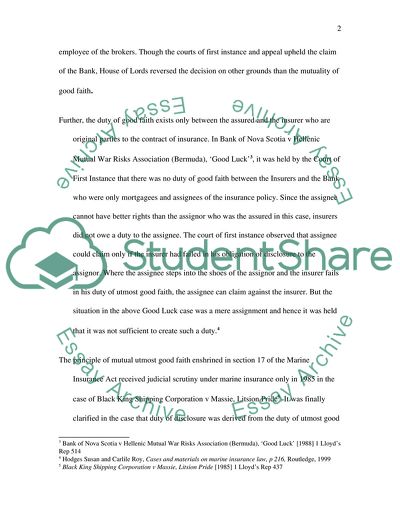Cite this document
(Principle of Mutual Responsibility of Disclosure Case Study, n.d.)
Principle of Mutual Responsibility of Disclosure Case Study. https://studentshare.org/law/1733391-maritime-law-insurance
Principle of Mutual Responsibility of Disclosure Case Study. https://studentshare.org/law/1733391-maritime-law-insurance
(Principle of Mutual Responsibility of Disclosure Case Study)
Principle of Mutual Responsibility of Disclosure Case Study. https://studentshare.org/law/1733391-maritime-law-insurance.
Principle of Mutual Responsibility of Disclosure Case Study. https://studentshare.org/law/1733391-maritime-law-insurance.
“Principle of Mutual Responsibility of Disclosure Case Study”. https://studentshare.org/law/1733391-maritime-law-insurance.


